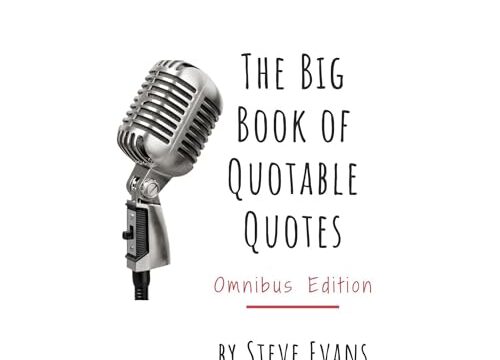Waves—Not Spoons
Waves—Not Spoons: 101 Strategies for Managing Our Physical, Emotional, and Social Energy
By: Gerald Hughes
Narrated by: Virtual Voice
English | 02-15-25 | B0DXCLJ7P5 | 1h 45m | M4B@125 kbps | 96.06 MB
Waves—Not Spoons is an exciting look at energy management that goes far beyond Spoon Theory and other previous energy management models. Waves-Not Spoons is bidirectional, accommodating the flow of energy both in and out (positive and negative). Waves-Not Spoons helps us manage multiple energy systems—physical, emotional, and social. No doubt many of you are familiar with “The Spoon Theory” as was coined by Christine Miserandino in her 2003 essay entitled “The Spoon Theory”. The basic premise of her analogy was that for each day we all have a limited amount of energy available to us each day. And we can represent this energy as a number of spoons. As you use up your energy, you take away a spoon. When your spoons are all used up, you’re done for the day. There’s no question that the Spoon Theory has brought new awareness to low energy issues. It’s provided a useful model for many folks, especially those with low energy issues, in managing their activities. It was in working with my own clients at the Neuro-linguistic Learning Center that I first came upon Ms. Miserandino’s Spoon Theory. While I found the model interesting as a basic accommodation, it failed to provide an adequate foundation for the positive interventions we were implementing at the NLC. It was in support of these interventions that I first began utilizing the analogy of Waves to help my clients understand and address several important aspects of energy management. And to that end, I decided I prefer red Waves—Not Spoons. Unlike the “spoons” analogy which implies a fixed amount of available energy, the Waves-Not Spoons analogy accommodates variations in the intensity and duration of energy needs and availability. Waves-Not Spoons reminds us that following expenditures of energy (or Social Energy), we may require a period of rest or recovery regardless of how many spoons we have in the back. Most importantly, the wave analogy goes beyond merely tracking the energy we’ve used. It provides insight into how we might proactively manage our available energy and even intervene at the appropriate times.





